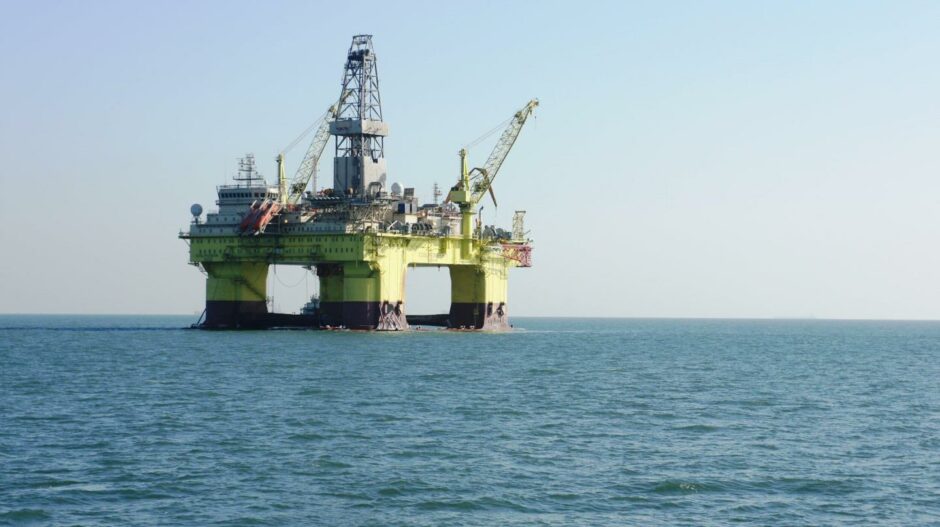
Ithaca Energy has given an update on progress for its Abigail project in the North Sea ahead of hitting first oil later this year
Ithaca Energy took to LinkedIn to confirm that its Abigail subsea construction campaign “is ongoing and progressing safely”.
The site’s subsea manifold and SSIV structure have been installed. Production and gas lift pipelines have also been laid on the seabed, these are being trenched later this week week.
With the tie-in and pre-commissioning phase fas approaching the subsea engineering team lead on Abigail Ken Duthie said: “We’re pleased that work is progressing safely and according to plan. As we continue with the trenching of the pipelines and prepare for the diving phase, we look forward to a smooth transition over to operations and successful completion of the overall project.”
Abigail
Located around 145 miles off Peterhead, Abigail is targeting up to 8.3 million barrels of oil equivalent, according to Ithaca estimates.
In its environmental statement, Ithaca said Abigail would be developed in two phases.
The first would involve converting an existing appraisal well in the western portion of the field into a production well.
Ithaca has estimated Abigail holds recoverable reserves of 3.9 – 8.3 million barrels.
If the reserves are found to be towards the top estimates the company will push on with the second phase – the drilling of another new production well around 18 months after first oil.
Ithaca is aiming for Abigail to collect first oil in the third quarter of this year.
Abigail’s impact on the enviroment
Uplift, hosts of the Social Change Nest, claimed that Abigail is in conflict with efforts to mitigate climate change, citing a report released by the International Energy Agency (IEA) last year that said there could be no new oil and gas developments if global temperature rise is to be limited to within 1.5 degrees.
Uplift founder and director Tessa Khan said:
“Why is the government sanctioning an oil and gas development that will see little to no benefit for UK energy customers or taxpayers, which only worsens the climate crisis, and where the only winners are the oil firm behind the project. If we carry on down this path, we’ll be dependent on a very expensive, highly polluting energy source for decades longer than is necessary.
“A serious response from the government to both unaffordable energy bills and the climate crisis, would see all this investment steered into cheaper UK renewables. The government needs to stop rolling over for the oil and gas industry, stop dishing out licences, and get on with making sure people have access to affordable, renewable energy.”
Recommended for you


